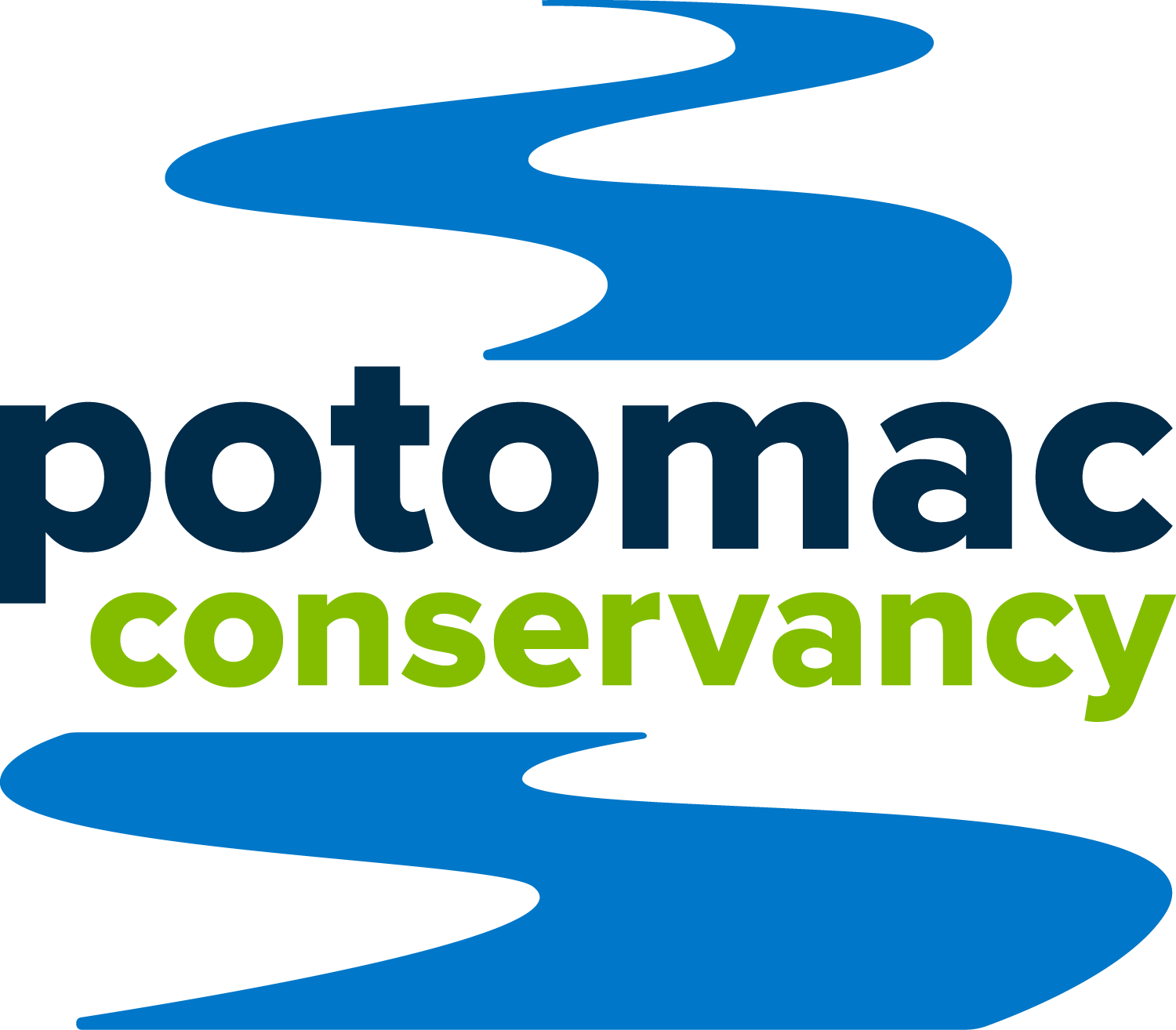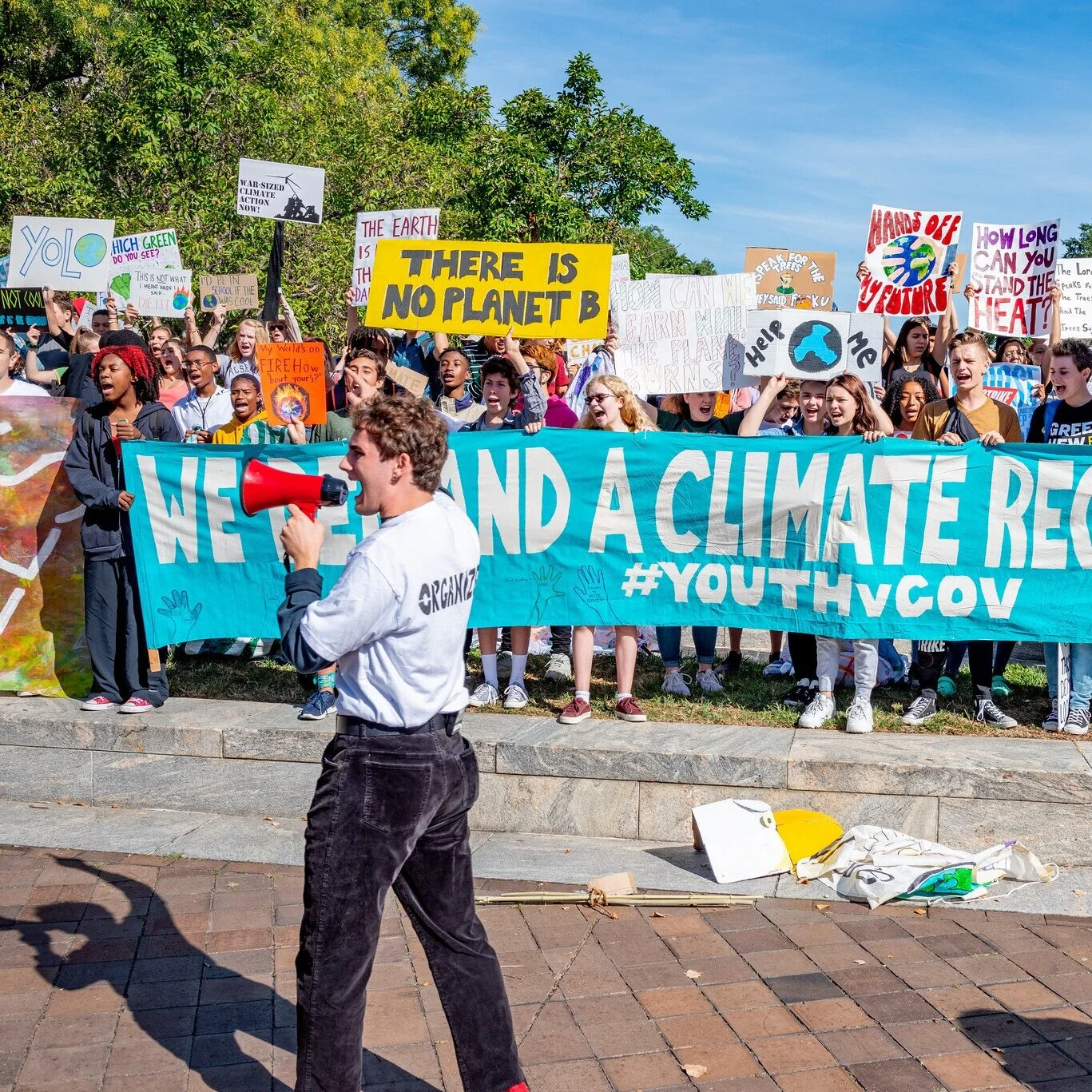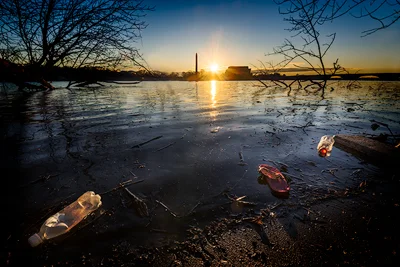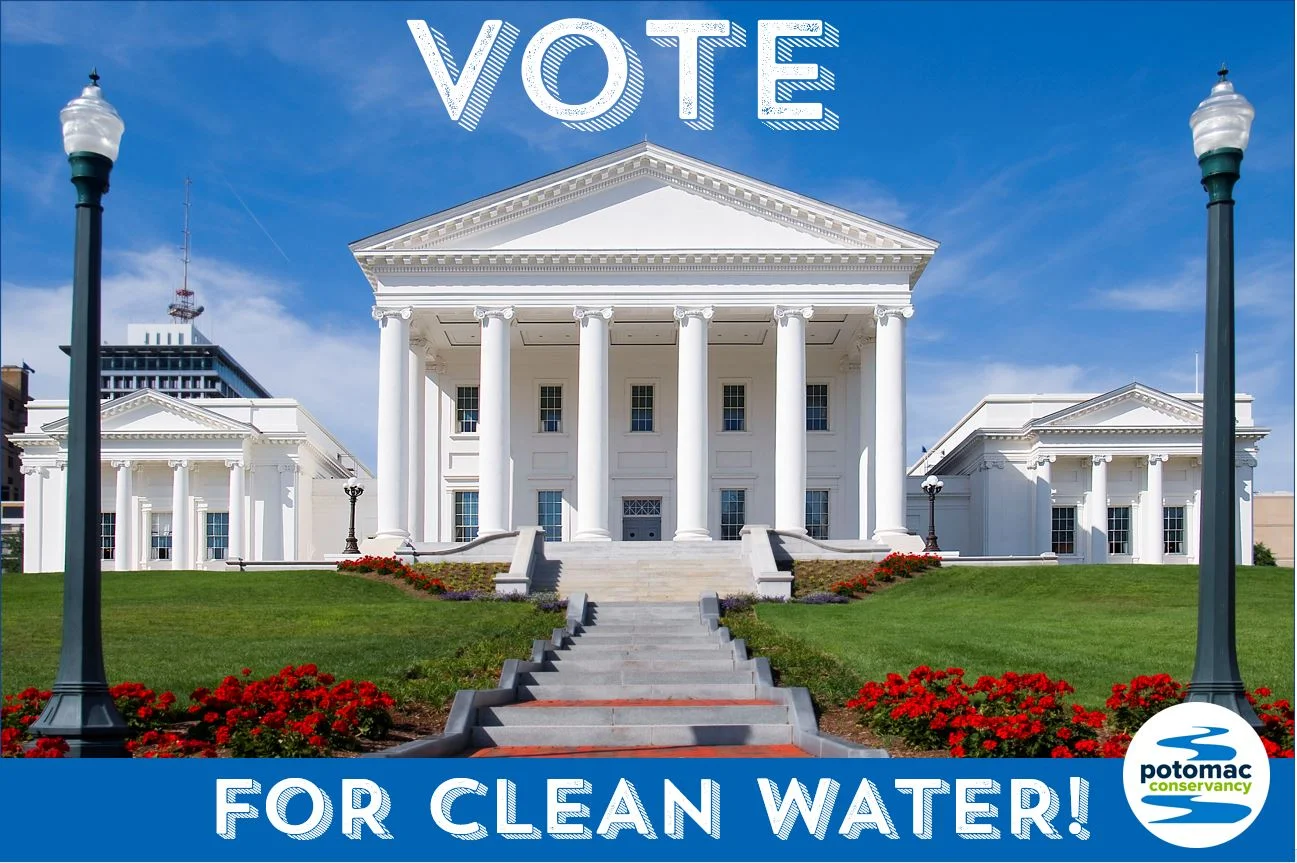Blue Minds: How protecting access to the river protects our public health
/Why we should value our natural resources more than ever in a pandemic
Contributing Authors:
Rebecca Wodder
Board Chair, River Network;
Vice Board Chair, Potomac Conservancy
Melissa Diemand
Senior Director of Communications,
Potomac Conservancy
Last month, the magnetic pull of DC’s celebrated cherry blossoms forced officials to block access to the Tidal Basin to limit the spread of COVID-19.
While crowding at popular riverside spots isn’t safe at this time, many folks have the right idea: Getting near or on our region’s rivers can reduce the collective stress we’re feeling and help us stay connected to our community and to the larger world.
As long as we find quiet spaces and adhere to physical distancing guidelines, research shows that spending time in natural environments, especially near water, can help us maintain our mental and physical health.
The Power of a “Blue Mind”
Wallace J. Nichols, PhD, author of Blue Mind: The Surprising Science That Shows How Being Near, In, On, or Under Water Can Make You Happier, Healthier, More Connected, and Better at What You Do, believes that being in the presence of water is the “best medicine” for individual well-being.
“ In study after study, those who choose to spend time in nature speak about its ability to make us feel more connected to something outside of ourselves…People who viewed nature scenes…were more concerned with pro-social goals and more willing to give to others.””
This is welcome news for our region with its beautiful and publicly accessible waterways; from the Potomac River, which supplies the area’s drinking water, to its valued tributaries, including the Anacostia River, Rock Creek, and countless small streams throughout the region.
canoeing on the anacostia river. Image courtesy of the chesapeake bay program.
Public access for public health
The intrinsic value of these rivers – and their network of trails, parks, and over 250 water access points -- has never been more evident as people flock to the outdoors. If access to the metro area’s major rivers is difficult, seek out blue-green places closer to home.
Nichols has been talking to mayors during the COVID-19 pandemic, urging them to find safe ways to maintain public access to water resources. Our local, state, and federal leaders should take heed and re-commit to protecting and investing in our waterways as public health assets.
Sunrise over dyke marsh in april. Image courtesy of Geoff Livingston/flickr.
How you can help protect our natural resources
Even now, when gathering in large groups is not possible, people can make a difference by urging leaders to reverse dangerous EPA rollbacks, picking up trash while walking or jogging, and supporting conservation groups such as, Potomac Conservancy and Anacostia Watershed Society, who have worked for decades to protect, restore, and increase access to these priceless assets.
By spending time along our rivers, metro area residents will be happier, healthier and more connected to nature and our community.
Melissa Diemand is Senior Director of Communications of Potomac Conservancy (2010-2020). She serves on the board of the Center for Spirituality in Nature (2018-2020). Previously, Melissa led market research and development as a Senior Analyst at The Feldman Group (2006-2010). Melissa graduated from American University in 2006 with degrees in political science and international relations.
Rebecca Wodder is Board Chair of River Network, a nationwide association of river conservation organizations, and is Vice Chair of the board of the Potomac Conservancy. She was President and CEO of American Rivers from 1995 to 2011. From 2011 to 2013, she served as Senior Advisor to the Secretary of the Interior. Previously, Rebecca was Vice President at The Wilderness Society and Legislative Assistant to Senator Gaylord Nelson, founder of Earth Day.

